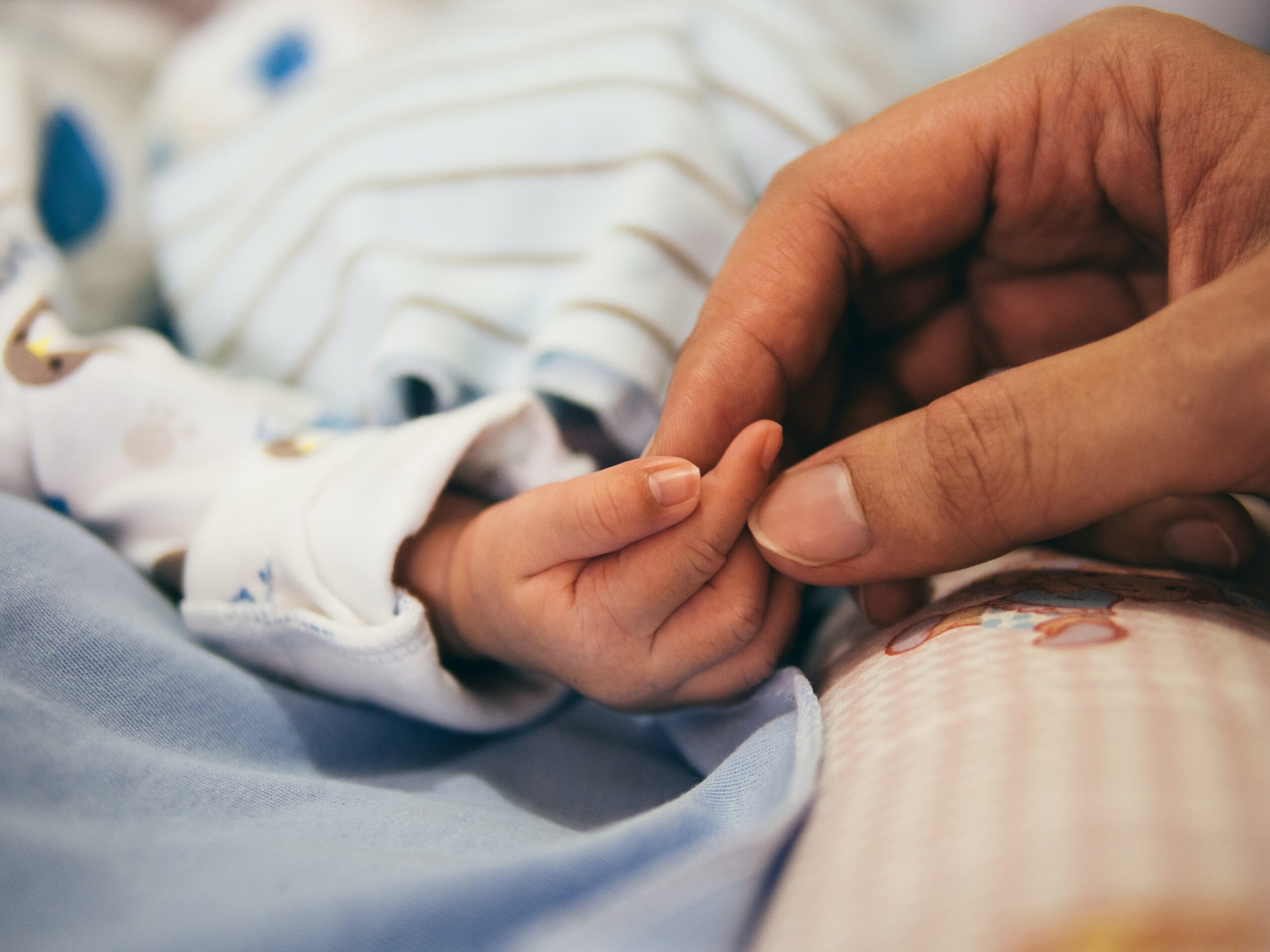A Time For Hope

Photo courtesy Carl Hunley Jr.
The world is indeed full of peril, and in it there are many dark places; but still there is much that is fair, and though in all lands love is now mingled with grief, it grows perhaps the greater.
—J.R.R. Tolkien
It seems in recent years many have come to dread the new year. In the past, we looked to the new year with hope and often thought of it as a beginning, an opportunity for positive change. That was until each year seemed to bring with it bad news, lock downs, conflict, and shocking political changes.
But we can't give up hope. In the process community we understand that each moment brings multiple possibilities. We only limit the possibilities by expecting the worse. Hope is a powerful tool but so is despair. If we despair, are we limiting the possibilities for positive change? I think so. Langston Hughes said,
Hold fast to dreams,
For if dreams die
Life is a broken-winged bird,
That cannot fly.
Imagine that you meet someone with whom you completely disagree with on politics or religion. Maybe in your mind you assume that an argument is inevitable or that the person is ignorant. Then you may argue or write that person off, because you have limited the possibilities. But what if you believe that there is good in every person and that it's possible to connect? This is not to be naïve about the divide within this country, or the issues of debate. But there has to be a nuanced way to perceive those we disagree with. People are not "good or bad", "wrong or right", "intelligent or stupid". Nuance opens up to more possibilities than "either-or" does. Anne Frank said, "In spite of everything, I still believe that people are really good at heart.” We are aware of the horrors of Nazi Germany but we also know of the many people who resisted and saved lives, people known as the Rescuers.
Sometimes the bad things seem to cloud over any good that is happening. Comedian Patton Oswald reminded us shortly after the Boston Marathon bomber, "When you spot violence, or bigotry, or intolerance or fear or just garden-variety misogyny, hatred or ignorance, just look it in the eye and think, ‘The good outnumber you, and we always will'."
In my work as a hospice chaplain, we try to tap into hope for the dying person. But what does hope looks like for a person facing death?
My Clinical Pastoral Care professor talks about how It is hard when people have ZERO faith, or zero faith in the afterlife. That zero, takes away every possibility. Hope comes to the dying through many names: reincarnation, karma, Heaven, peace, Valhalla, the Summerland, or transformation.
One might have hope that they will continue in heaven with family and friends or see their pets again. One might hope to be reincarnated and jump back into the world.
Hope is the thing with feathers
That perches in the soul
And sings the tune without the words
And never stops at all.
—Emily Dickinson
Hope in this life OR Hope in the life to come is possible when we are grounded in something meaningful.
Hope that things will get better, or hope that my life had meaning, or hope that my legacy will live on in my children, or hope that I will not suffer or not suffer long.
Victor Frankl had three powerful categories for hope:
- Relationships, we live and die in relationship to others.
- Connectedness to the Divine. We have a faith in a power beyond us.
- Meaning making. My life has meaning.
There is always a way to find hope as long as we believe in something. If we don't have hope, we have limited our possibilities. In the new year, we have 365 possibilities at the very least.

Photo by Nick Fewlings
You may say I'm a dreamer, but I'm not the only one. I hope someday you'll join us. And the world will live as one.
—John Lennon
In the coming year I hope that we discover many novel possibilities and we are lured toward love and compassion in all we do.





